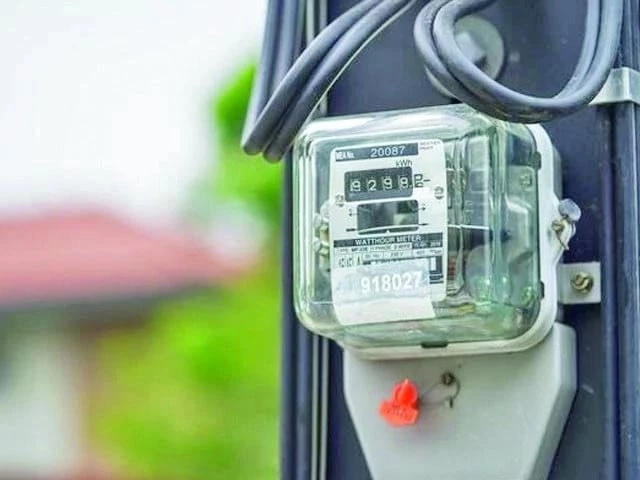Businessmen urge PM to freeze ‘controversial tax’ as bills rise to tens of millions of rupees
KARACHI:
The Karachi Chamber of Commerce and Industry (KCCI) and all seven industrial city associations and textile exporters’ bodies, while expressing deep concern over the exorbitant and retroactive gas bills, have urged the Prime Minister and the Ministers of the Petroleum and Energy Division to take immediate notice of the “anti-industry movement” that threatens to bring down export factories and Pakistani economy.
Addressing a joint press conference at KCCI on Thursday, the business leaders appealed to the government to immediately freeze the controversial levy levied retrospectively for four months, which has raised the gas bill from millions to tens of millions of rupees, an unbearable burden for industrial concerns.
Chairman of Businessmen Group (BMG) Zubair Motiwala, who attended the press conference via Zoom, recalled that during Pervez Musharraf’s tenure, industries had been encouraged to set up captive power plants (CPPs) to overcome the electricity crisis, with a clear assurance that gas would be supplied to them.
However, he lamented that the recent hike in gas tariffs, coupled with heavy taxes and levies, has made captive power generation unsustainable, making billions of rupees invested in these plants a complete waste.
“It seems the IMF wants to turn us into an import-oriented economy,” he noted, asking the government to compare Pakistan’s cost of doing business with India, Bangladesh, Sri Lanka, China, Cambodia and Vietnam.
The textile sector, which includes seven stages of production, depends on energy at each level. “When energy costs are far higher than Bangladesh’s, how can we compete? Give us the same cost of doing business, if we still fail, hold us accountable,” he stressed.
Motiwala condemned the imposition of a tax of Rs791 per million British thermal units (mmBtu) on CPPs, introduced under the pretext of cost differential with electricity from the grid. “In fact, no such difference exists,” he argued.



